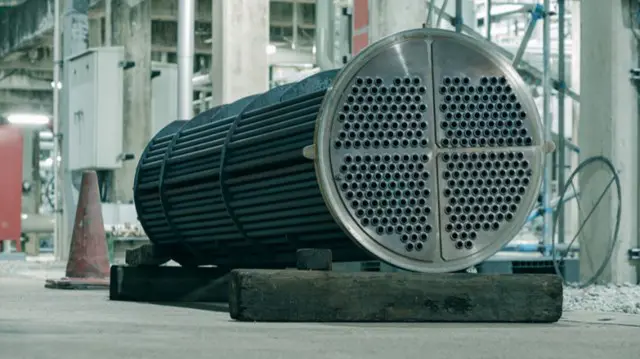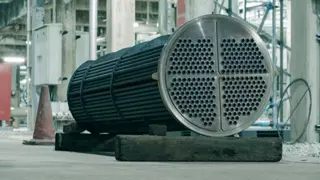
Thermodynamics - Mechanical Engineering
Learn about laws of thermodynamics, enthalpy, entropy, heat transfer, SFEE, heat exchanger and many more
J. Aatish Roa
Summary
- Reed Courses Certificate of Completion - Free
- Tutor is available to students
Add to basket or enquire
Overview
During my college times. I often found my classmates having trouble with Thermodynamics. Many of them even had backlogs when they have cleared other tough subjects like Dynamics Of Machine, Machine Design etc;. However this subject always amused me. The vastness of this subject is what makes it tough in the first place.
Curriculum
Course media
Description
What is the importance of thermodynamics in our daily lives?
Heating and cooling systems in our homes and other buildings, engines that power our motor vehicles, even the design of buildings and vehicles, all incorporate information from thermodynamics to make them perform well.
What do we learn from thermodynamics?
Thermodynamics is a part of physics that involves work, heat and temperature that are related to energy, chemical reactions and physical properties of matter. Thermodynamics also deals in studying systems and how they change according to their environment such systems are turbines, engines, nozzles and reactions in closed and open reaction systems.
What is the importance of thermodynamics in engineering?
Thermodynamics is a branch of physics dealing with matter and conversion of energy, conversion of energy into heat and work in particular. Each object of interest in engineering contains matter, therefore, thermodynamics is usually included or indirectly involved in the analysis of almost all engineering problems.
My effort in this course is to simplify the topics in the most suitable way possible. I have divided the topics in very small small bites because I think to eat the whole thing would lead to indigestion :) ENROLL NOW !!
"Nothing in life is certain except death, taxes and the second law of thermodynamics."
Who is this course for?
- Mechanical engineering graduates and undergraduates
- University students having Thermodynamics as their subject
- Students pursuing ME/M-Tech in Thermodynamics to brush up their knowledge
Requirements
- A keen and curious mind.... Thats all !!
Career path
-
What Job roles you can apply after completing the course
- GET (Graduate Engineer Trainee)
- DET (Diploma Engineer Trainee)
Questions and answers
Currently there are no Q&As for this course. Be the first to ask a question.
Certificates
Reed Courses Certificate of Completion
Digital certificate - Included
Will be downloadable when all lectures have been completed.
Reviews
Currently there are no reviews for this course. Be the first to leave a review.
Legal information
This course is advertised on reed.co.uk by the Course Provider, whose terms and conditions apply. Purchases are made directly from the Course Provider, and as such, content and materials are supplied by the Course Provider directly. Reed is acting as agent and not reseller in relation to this course. Reed's only responsibility is to facilitate your payment for the course. It is your responsibility to review and agree to the Course Provider's terms and conditions and satisfy yourself as to the suitability of the course you intend to purchase. Reed will not have any responsibility for the content of the course and/or associated materials.


